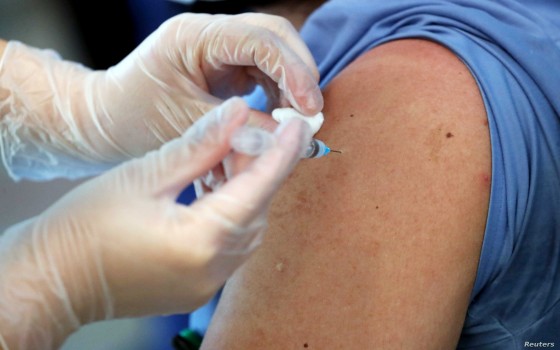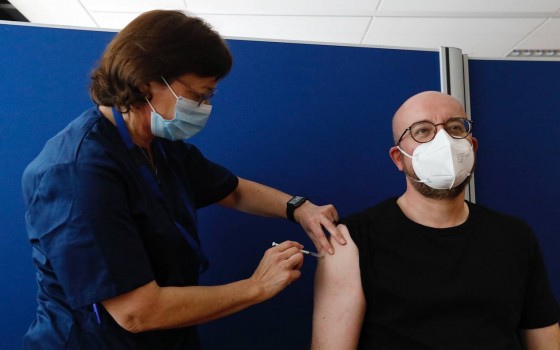
The growing resistance to basic antibiotics poses a growing threat to global health, according to data from 100 countries, with the highest numbers in the Eastern Mediterranean, which includes Arab countries.

- Europe and Arabs
- Tuesday , 14 October 2025 7:59 AM GMT
Geneva: Europe and the Arabs
Data from more than 100 countries indicate that the growing resistance to essential antibiotics poses a growing threat to global health. A UN report stated that one in six laboratory-confirmed bacterial infections causing common infections in humans worldwide in 2023 were resistant to antibiotic treatment. According to the UN Daily News Bulletin, the World Health Organization (WHO) released the new report, which was based on information submitted by more than 100 countries to the organization's Global Antimicrobial Resistance and Use Monitoring System.
The report concluded that between 2018 and 2023, antimicrobial resistance increased in more than 40% of the pathogen-antibiotic combinations monitored, with an average annual increase of between 5 and 15 percent.
The report indicated that the risk of antimicrobial resistance varies from country to country. The World Health Organization (WHO) estimates that antimicrobial resistance is at its peak in the Southeast Asia and Eastern Mediterranean regions (which include the Arab States), where one in three infections reported in both regions was resistant to treatment.
In the African Region, one in five infections was drug-resistant. This resistance is more common and exacerbated in places where health systems lack the capacity to diagnose or treat bacterial pathogens.
WHO Director-General Dr. Tedros Adhanom Ghebreyesus warned that antimicrobial resistance "is outpacing advances in modern medicine, threatening the health of families worldwide."
He emphasized that as countries strengthen their antimicrobial resistance surveillance systems, "we must use antibiotics responsibly and ensure everyone has access to appropriate medicines, quality-assured diagnostics, and vaccines."
While the World Health Organization (WHO) welcomed the more than quadrupling of the number of countries in the Global Antimicrobial Resistance and Use Monitoring System, from 25 in 2016 to 104 in 2023, it noted that 48% of countries had not reported their data to the system in 2023, and that nearly half of reporting countries still lacked the systems necessary to generate reliable data, including those facing the greatest challenges.
The Political Declaration on Antimicrobial Resistance, adopted at the United Nations General Assembly in 2024, set goals for addressing antimicrobial resistance by strengthening health systems and working within a One Health approach, coordinating the human, animal, and environmental health sectors.
In this context, the WHO called on all countries to submit high-quality data on antimicrobial resistance and use to the monitoring system by 2030. It stated that achieving this goal requires concerted efforts to enhance the quality and geographical coverage of antimicrobial resistance monitoring data and to share them to track progress.












No Comments Found